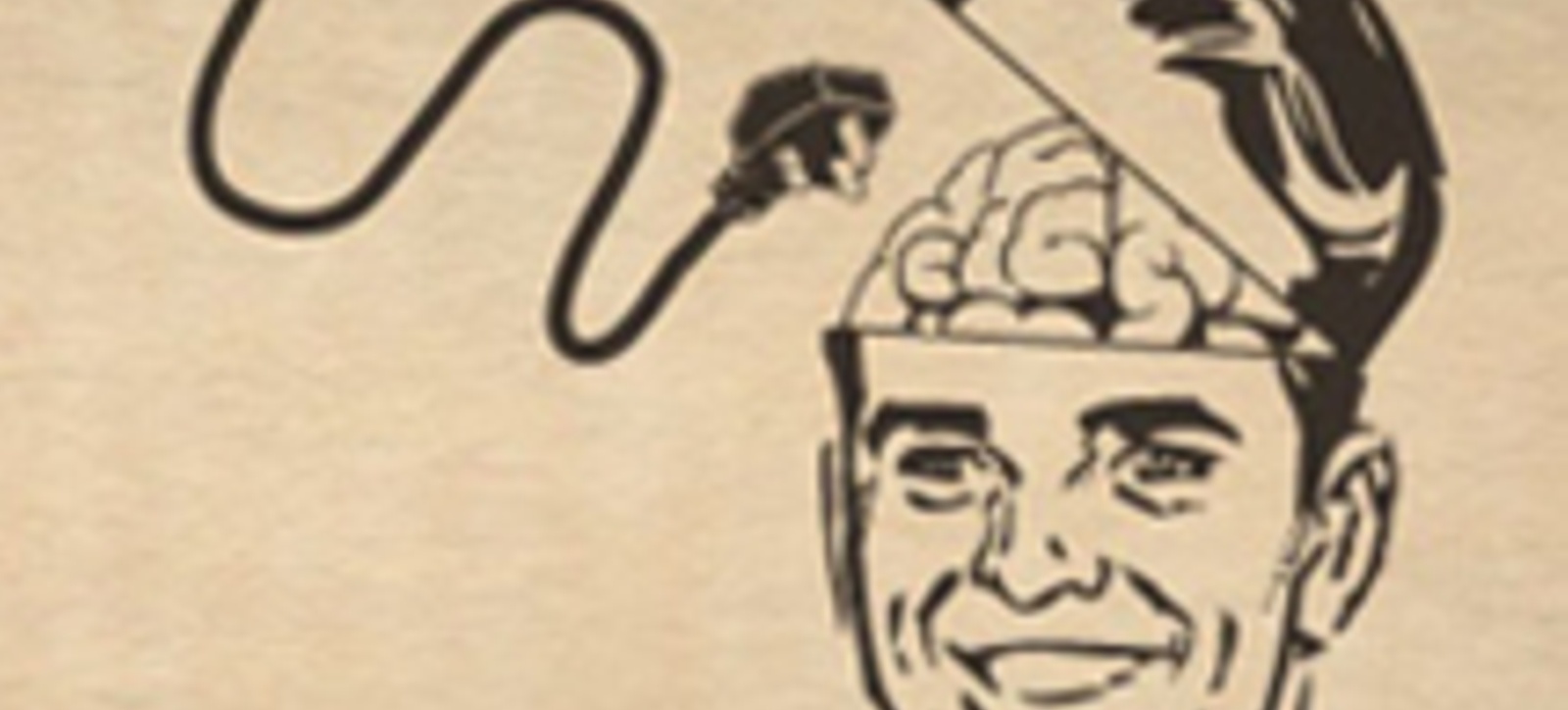
- Atrocities cause a sense of dread despite their low odds of impacting most
- Terrible events are more memorable, making the probabilities seem higher
- Such events shake our model of the world more than, say, a car accident
- We seek solace in puzzles and TV to feel normal as everything makes 'sense'
A day does not seem to go by without another atrocity hitting the headlines inevitably causing a sense of dread: yet, despite the low odds of being involved in a major tragedy ourselves, this gives us little solace.
Professor of Behavioural Science, Nick Chater, revealed on BBC Radio Four’s The Human Zoo why unfamiliarity and ‘senselessness’ makes some events more terrifying, despite the probability of being involved in other tragedies such as a car accident, actually being much higher.
Related article: Why disruption is good for us
To set the scene, Professor Chater used Von Restorff effect. If we give people a list of words to remember, and one word is different (e.g., ‘gorilla’ among a list of fruits) the odd-word-out immediately grabs our attention, and sticks in our memory.
“To understand the psychology of rare events and atrocities, a good place to start is the basic principle of attention and memory,” said Professor Chater.
“Of course, in Von Restorff experiments it is the rare item – the gorilla in this instance – that stands out. Strange things, things that are unexpected are attention grabbing in themselves. But terrible things are even more attention-grabbing, and even more memorable, as they are emotionally charged with fear and empathy.
“But it is the very fact something is strange that draws us to it, that makes us more attentive to terrible events we don’t understand, rather than other more common yet equally terrible events such as car crashes.”
Could we be paying too much attention to rare events then? Certainly Jacob Feldman, Professor of Psychology at the Center for Cognitive Science at Rutgers University in the US, believes so.
He explains how people tend to remember scary events more vividly than positive events: these are easy to bring to mind, and hence can seem more probable than they are.
Professor Chater added: “Events particularly grab our attention if they shake our ‘model of the world’. If an event it is disturbing to be confronted with incompleteness of our current perspective.
“We become unclear how, or whether, we will be able to find a new sense to the world – perhaps people are behaving in ways we just can’t understand. The events seem senseless.”
To counter this, Professor Chater explains how we seek solace in everyday fulfilment from sense making.
“A lot of our leisure activities are about finding little corners of the world and finding things that do make sense away from the rare events– solving puzzles, Sudoko and crosswords or watching TV mysteries where the murderer is caught and punished.
“This takes a part of the world where everything makes sense and we feel reassured. A nice contrast to the open ended and confusing world we often feel surrounded by.”
Related article: Why we all think we are experts
Ultimately however, Professor Chater believes we should have faith in the numbers despite our fears.
“The concern that terrorists acts can make us feel humanity is bad or untrustworthy, is a really dangerous one. I think it is important to hold on to the fact the overwhelming majority of people have good will to each other – unfortunately we live in a society where a vanishingly small fraction of people can, very visibly, do a lot of damage.”
To listen to the new series of The Human Zoo click here.
To find out more about behavioural science sign up for Warwick Business School free online course The Mind is Flat: the Shocking Shallowness of Human Psychology.




 X
X Facebook
Facebook LinkedIn
LinkedIn YouTube
YouTube Instagram
Instagram Tiktok
Tiktok